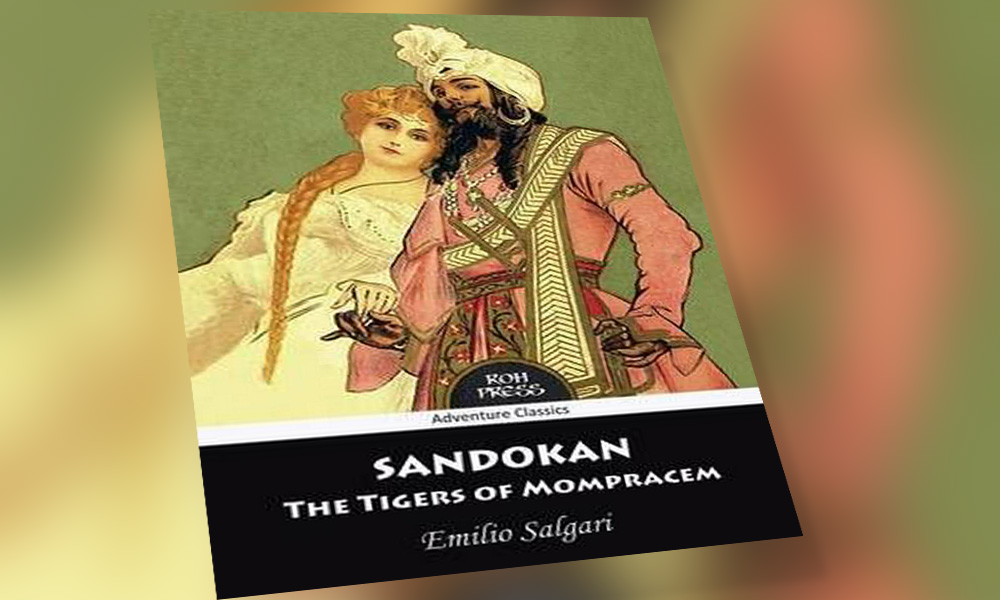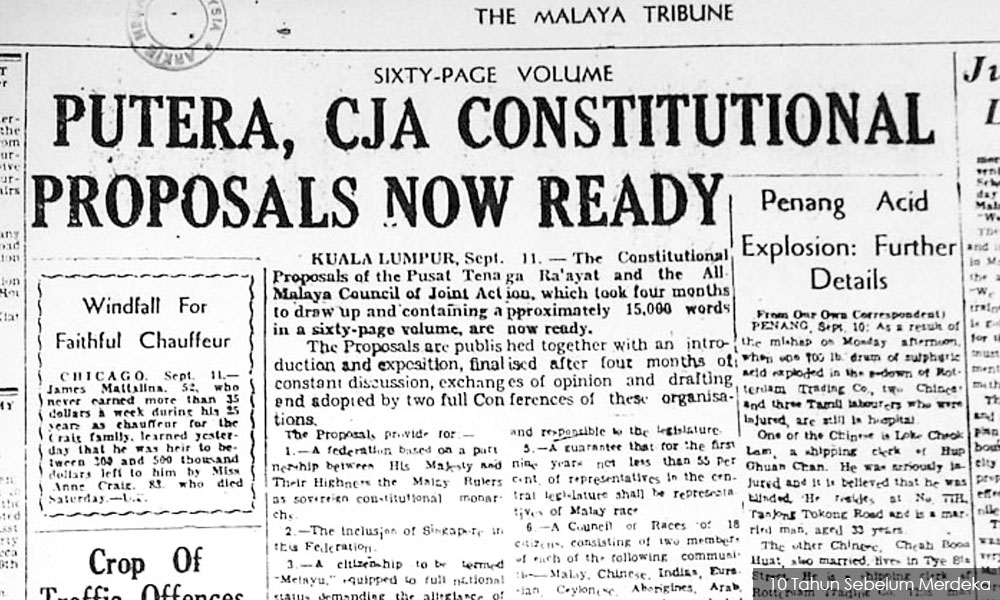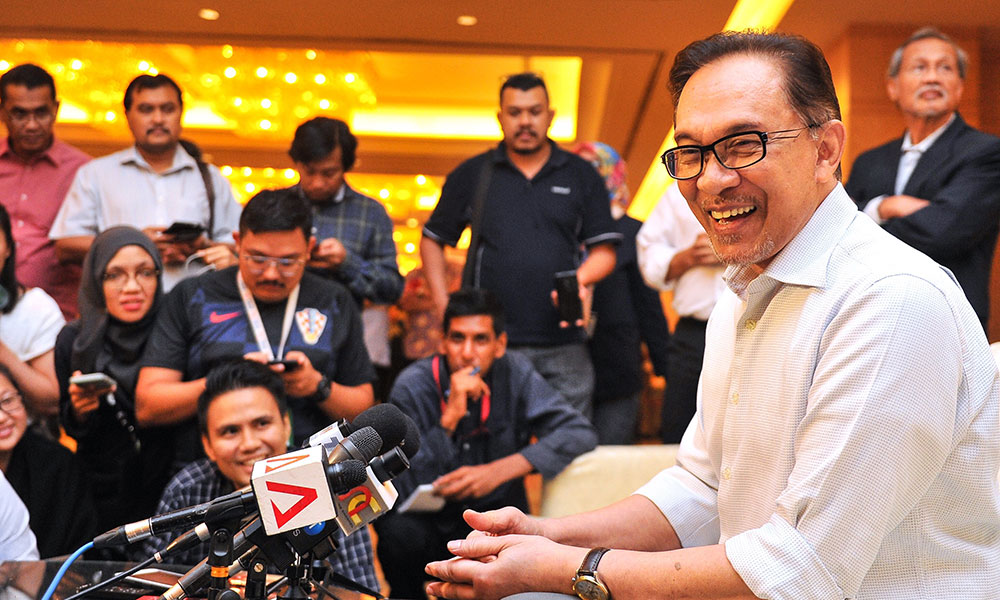COMMENT | Henrique, a Malay from the Nusantara, was the first man to go around the world almost five centuries ago. Interpreter to Ferdinand Magellan, a humble slave bought in Malacca soon after the Portuguese conquest in 1511, he was free again when Magellan was killed by Lapu-Lapu in the Philippines.
Syed Husin Ali’s A People’s History of Malaysia is the most important alternative national historical narrative of Malaysia that I have seen. It is very much in the spirit of the late Renato Constantino’s The Nationalist Alternative, translated here as Pilihan Nasionalis.
Why is the nationalist narrative still important more than six decades after Merdeka in 1957?
Malaysia is a product of imperialism and anti-colonialism. Malaysia today is not some natural, cultural or geographic entity. Rather, like most former colonial countries, it is due to earlier globalisation, especially the colonisation by the British empire, the Portuguese conquest of Malacca, then the Dutch conquest in 1641.
British colonialism was episodic and uneven, remembered by history books as the Straits Settlements from almost two centuries ago, the Federated Malay States from the late 19th century, and the Unfederated Malay States of Johor and the former Siamese-ruled northern states.
Although Labuan was earlier a British colony – where the first attempt at implementing the Torrens land registration system was first tried – Sabah only came under the chartered British North Borneo Company in the mid-19th century with the consent of the Sulu sultan.
Over time, James Brooke and his descendants gained control of Sarawak for defeating "the native resistance". Sarawak was their reward from the Brunei sultan, which gave its name to the island of Borneo.

Following this story from afar in Turin, the first capital of unified Italy, Emilio Salgari inspired children with stories about resistance led by Sandokan, the mythical Tiger of Malaysia, the first recorded use of the name of this country in the 19th century.
Today, we celebrate Malaysia Day, originally a convenient late-colonial arrangement to reliably govern all British possessions in Southeast Asia, before the withdrawal of Brunei in 1963 and Singapore in 1965, the two richest territories of the intended federation.
Syed Husin’s volume reminds us of resistance to Western, especially British expansion, though little is said about resistance to Siamese and other "local" expansion, extensions of power.
And what about popular resistance to oppression and exploitation by those nearer and less culturally alien as status and class differences grew? So, this is not a social history of the pre-Merdeka past from below.
Syed Husin also reminds us that in 1947, a decade before Merdeka, more radical nationalists – led by Burhanuddin al-Helmy, Shamsiah Fakeh, Pak Sako, Ahmad Boestamam and those in the All Malayan Council for Joint Action – had agreed to the Perlembagaan Rakyat.
This People’s Constitution for an independent Malaya was agreed to among leaders of all ethnic communities in the peninsula, years before Umno, under Tunku, joined demands for independence in 1951, with the British-sponsored MCA joining even later.

After repressing anti-colonial forces, such as Angkatan Pemuda Insaf, from early 1948, even before the Emergency, and giving up on Onn Jaafar, the British turned to Tunku’s Alliance to protect imperial, especially business interests in a post-colonial order.
Abdul Razak Hussein is remembered for the Felda and National Economic Policy affirmative action efforts to reduce inter-ethnic socio-economic disparities. But he also saw greater national ownership of the economy through the state as necessary for national unity.
Perhaps this is why the young Razak was under British Special Branch surveillance from the late 1940s, together with the last Agong, the late Sultan Abdul Halim Mu'adzam Shah, according to the former inspector-general of police, Hanif Omar.
Nationalist agenda remains relevant
The nationalist agenda remains very relevant for Malaysia today for another reason as nation building for this neo-colonial project was never going to be easy.
To make things worse, as anti-colonialism began to challenge British rule in the 1930s, the imperial strategy of "divide and rule" deliberately deepened ethnic cultural, occupational, residential, linguistic and other divisions as a matter of policy, for example, by changing ethnic categories for the 1931 population census.
It is most appropriate that Anwar Ibrahim (photo) is launching this book, although I am not much of a "warm-up act".

Not only was he a student of Syed Husin’s in the late 1960s, they were involved in many struggles together from that time, spending two years in ISA detention together following the 1974 Baling demonstrations.
In 1996, in the centenary year of Jose Rizal’s execution, my old university, Ateneo de Manila, conferred an honorary doctorate on Anwar, recognising this progressive anti-colonial, nationalist thread in his Asian values advocacy.
Not unlike the 1947 Perlembagaan Rakyat, Chinese mestizo Rizal celebrated the Malayness of all Filipinos opposing Spanish colonialism.
Later, Indonesian nationalists embraced the Malay language of less than two percent of the population of the Dutch East Indies instead of Javanese, the language of the majority. After all, Malay was the language of the Nusantara, thanks to Chinese newspaper owners, as documented by Ahmat Adam, a contemporary of Anwar’s.
Such different meanings of the term "Malay" are still relevant as we try to understand the contingent uses of language. Syed Husin’s book is a timely reminder of the continuing relevance of progressive nationalism, not only to overcome the legacy of imperialism, but also to unite this nation despite the earlier official encouragement of rival ethno-populisms to divide the people.
Hence, only a progressive nationalist agenda can rise to the challenge of nation-building in this day and age, especially in the face of the spread of ethno-populism, masquerading as nationalism, not only in Malaysia, Sri Lanka, or Myanmar, but even in the West in the age of Donald Trump and Brexit.
Semua pejuang keadilan berterima kasih kepada sumbangan besar Pak Syed Husin. Untuk makluman, Malaya ertinya Merdeka dalam Bahasa Filipina. Selamat Hari Malaysia. Hidup pejuang keadilan. Salamat, ertinya terima kasih.
(All freedom fighters thank Syed Husin. For your information, "Malaya" means 'independence' in Tagalog. Selamat Hari Malaysia, long live freedom fighters. And "salamat" means thank you.)
NOELLE RODRIGUEZ was chair of the History Department at Ateneo de Manila University. She has written and published on varied topics on Philippine History, particularly on encounters between cultures, Philippine warfare, nationalism, and Christianisation.
The views expressed here are those of the author/contributor and do not necessarily represent the views of Malaysiakini.

